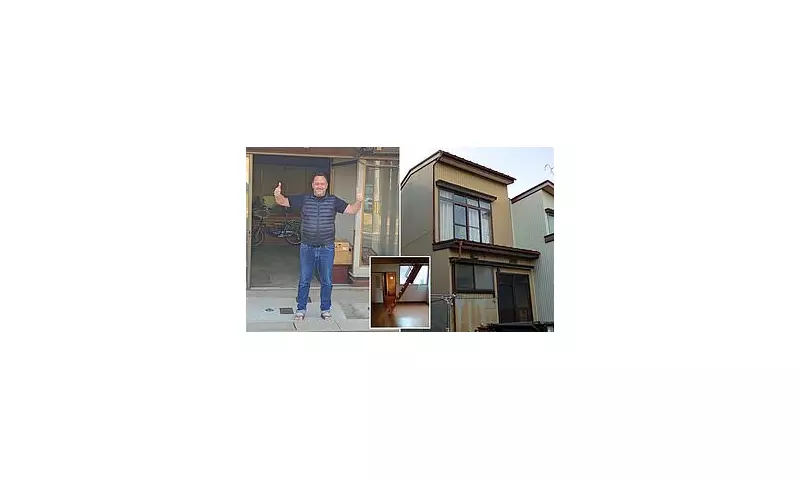
In a bold move that could revolutionise the property landscape, Australia is looking to Japan for an extraordinary solution to its deepening housing crisis. The radical proposal involves importing Japanese-style prefabricated homes that cost a mere £5,000 – a fraction of traditional housing prices.
The Desperate Hunt for Affordable Solutions
Australia's property market has reached breaking point, with soaring prices and rental costs pushing home ownership out of reach for millions. The situation has become so dire that policymakers are considering previously unthinkable solutions from overseas markets.
Japanese housing manufacturers have perfected the art of mass-producing quality, compact homes that can be assembled in days rather than months. These properties, while smaller than traditional Australian homes, offer complete living facilities and modern amenities.
How £5,000 Homes Could Transform the Market
The economics are staggering. While the average Australian house now costs over £500,000 in major cities, these Japanese imports could provide shelter for just one percent of that price. The potential impact on housing affordability could be transformative for young families and low-income earners.
Industry experts suggest these homes could be particularly effective as:
- Emergency housing for natural disaster victims
- Affordable rental properties in high-cost urban areas
- Granny flats and secondary dwellings on existing properties
- Temporary accommodation for essential workers
Overcoming Regulatory Hurdles
Despite the obvious benefits, significant challenges remain. Australian building codes, planning regulations, and cultural expectations about housing size and quality could create obstacles to widespread adoption.
Local construction industry representatives have expressed concerns about the impact on domestic jobs and whether these imported homes can withstand Australia's diverse climate conditions, from tropical north to temperate south.
A Global Housing Revolution?
If successful, Australia's experiment with ultra-affordable Japanese housing could set a precedent for other nations grappling with similar affordability crises. The United Kingdom, Canada, and New Zealand – all facing their own housing challenges – are watching developments closely.
The proposal represents a fundamental shift in how we think about housing delivery and affordability, moving away from traditional construction methods toward innovative, cost-effective solutions from global markets.
As one housing advocate noted, "When conventional approaches have clearly failed, it's time to consider unconventional solutions. Sometimes the answer comes from where we least expect it."





